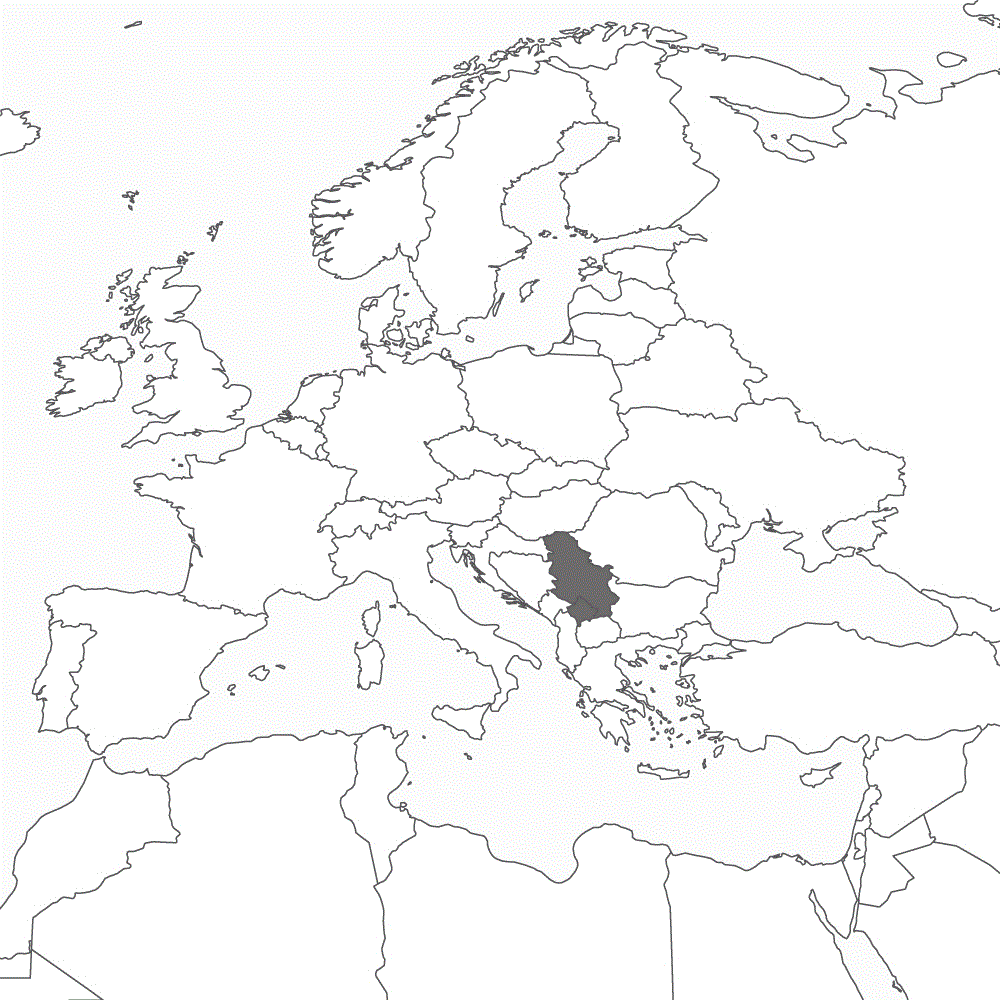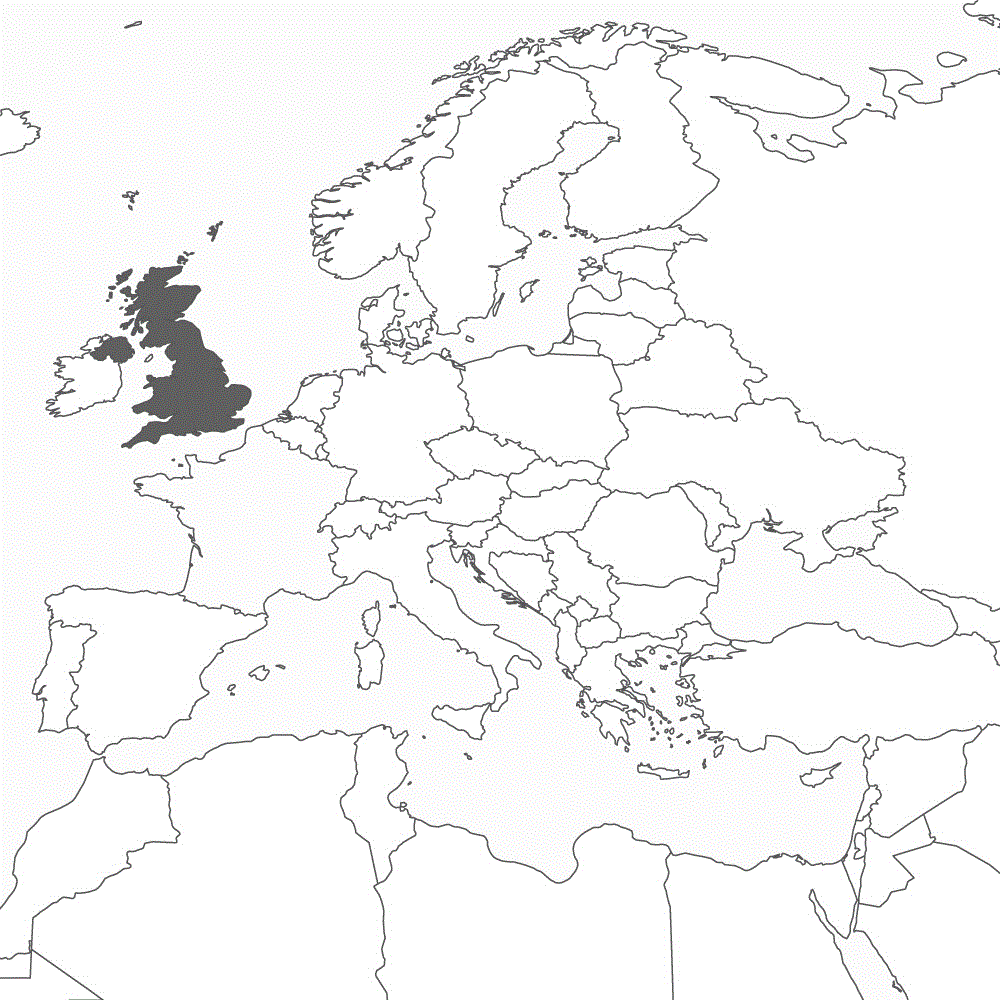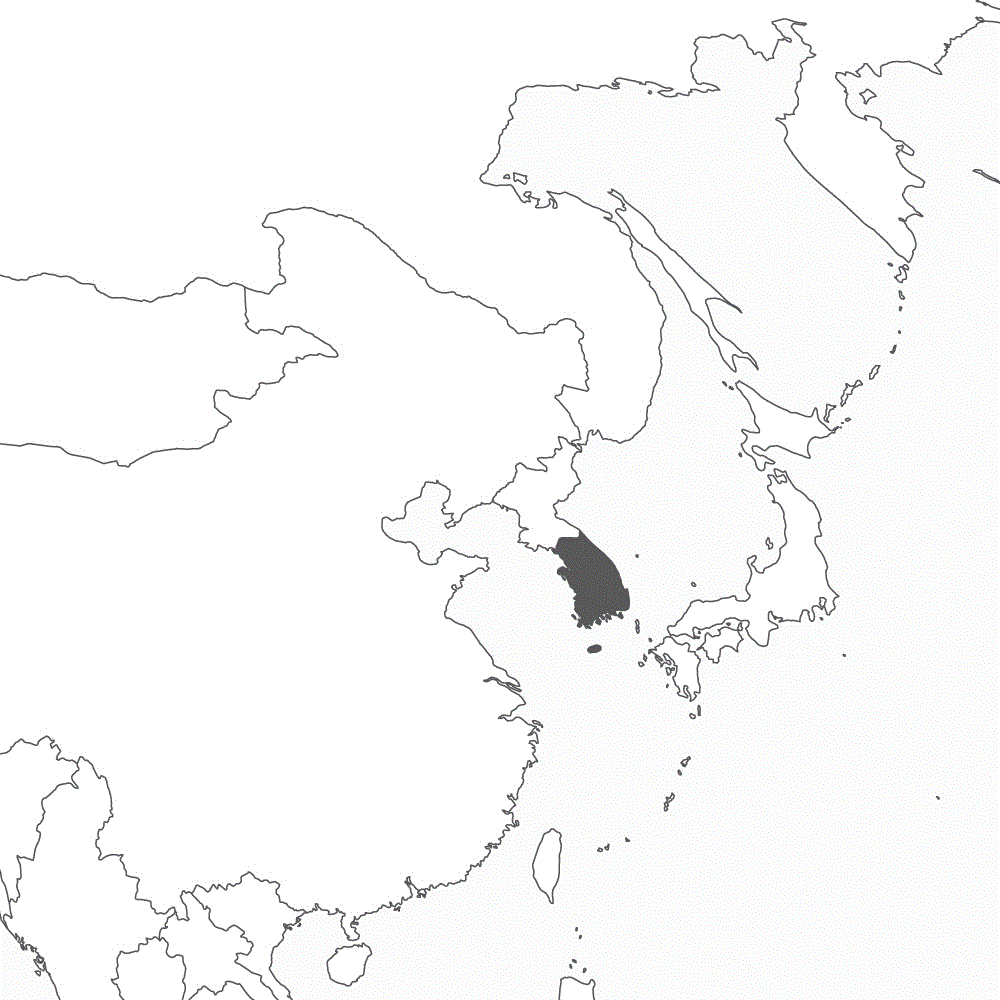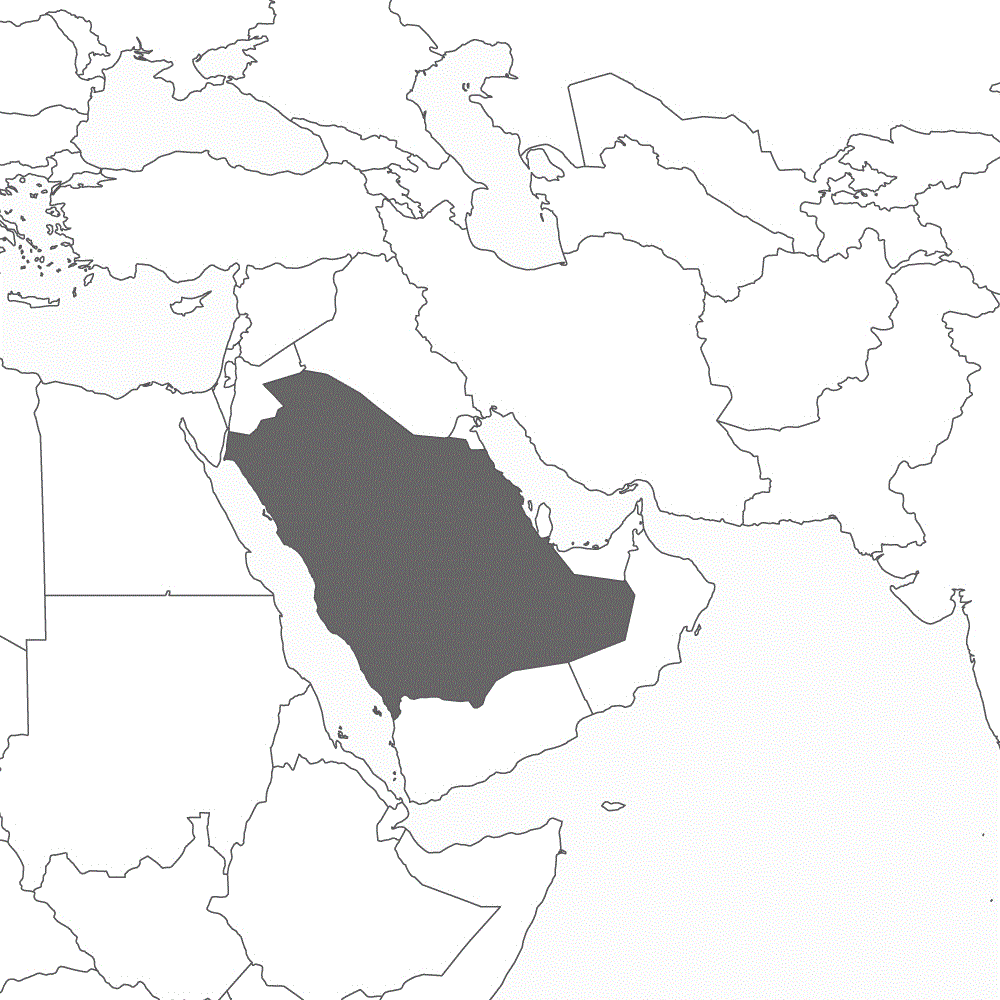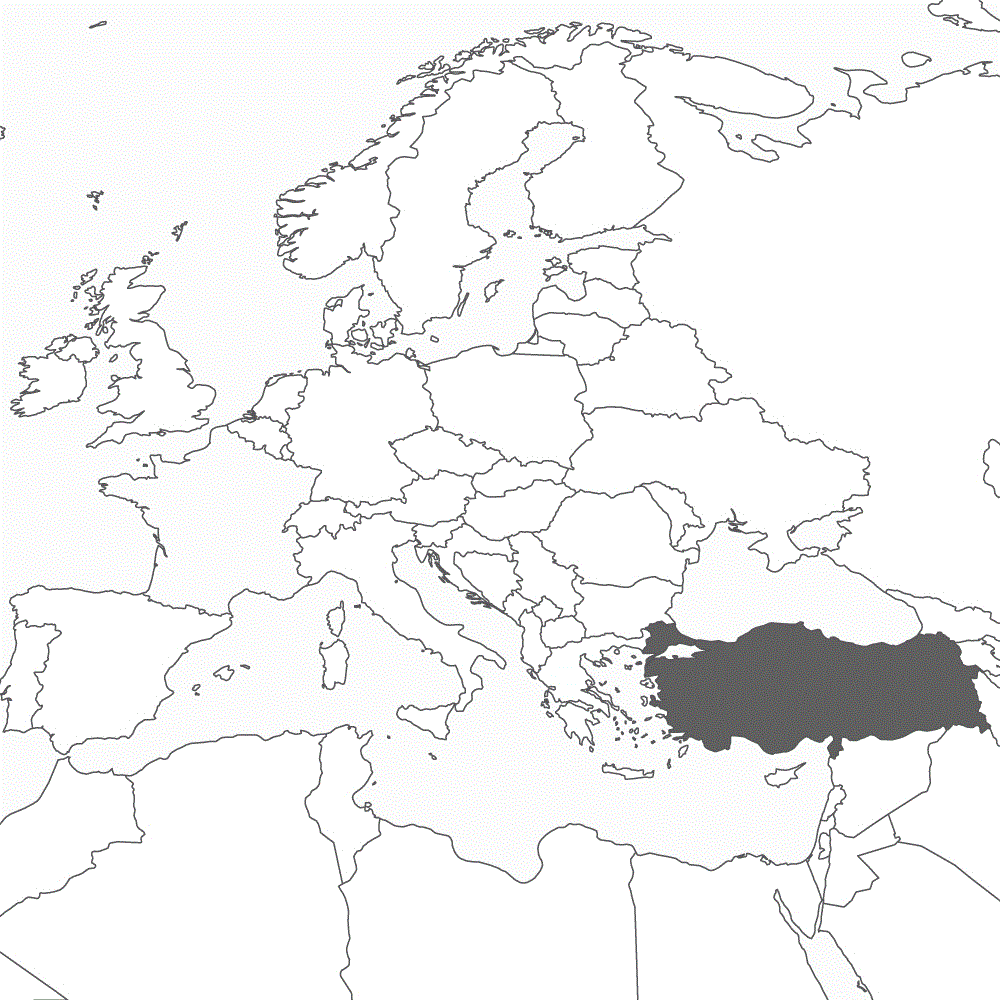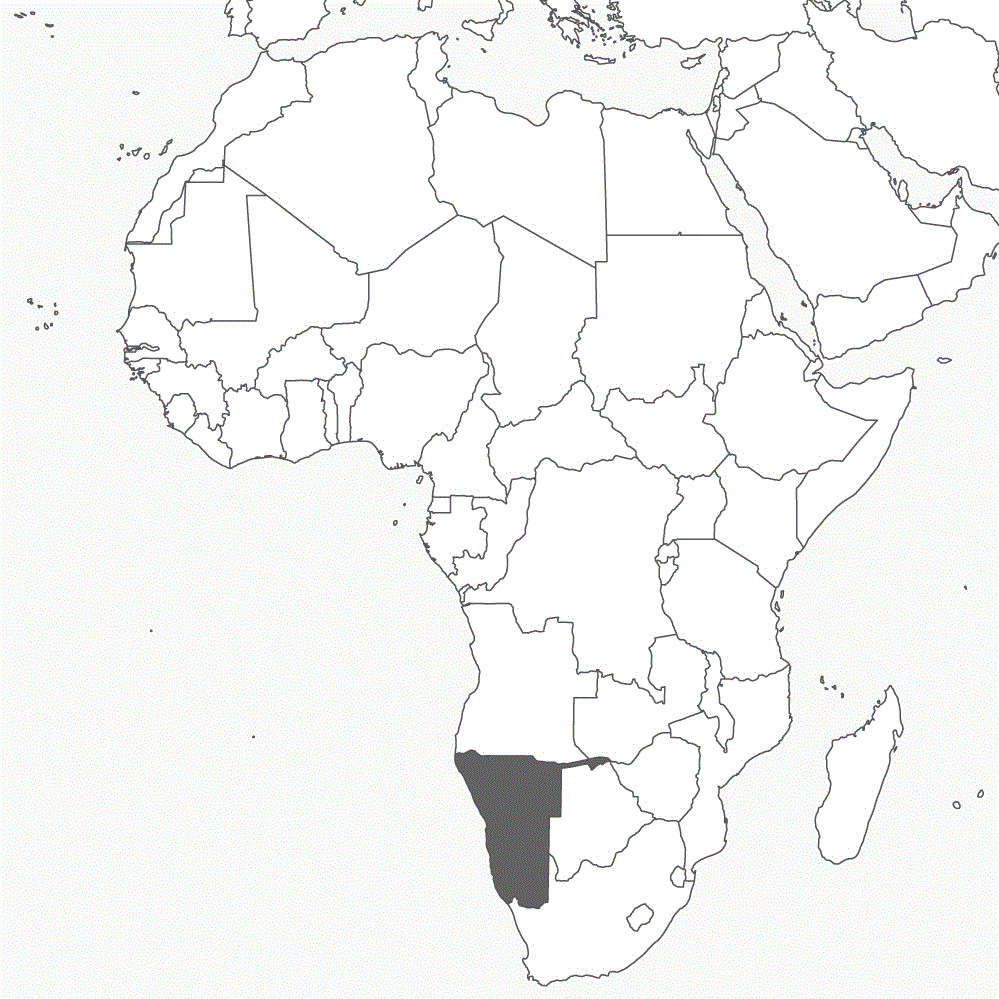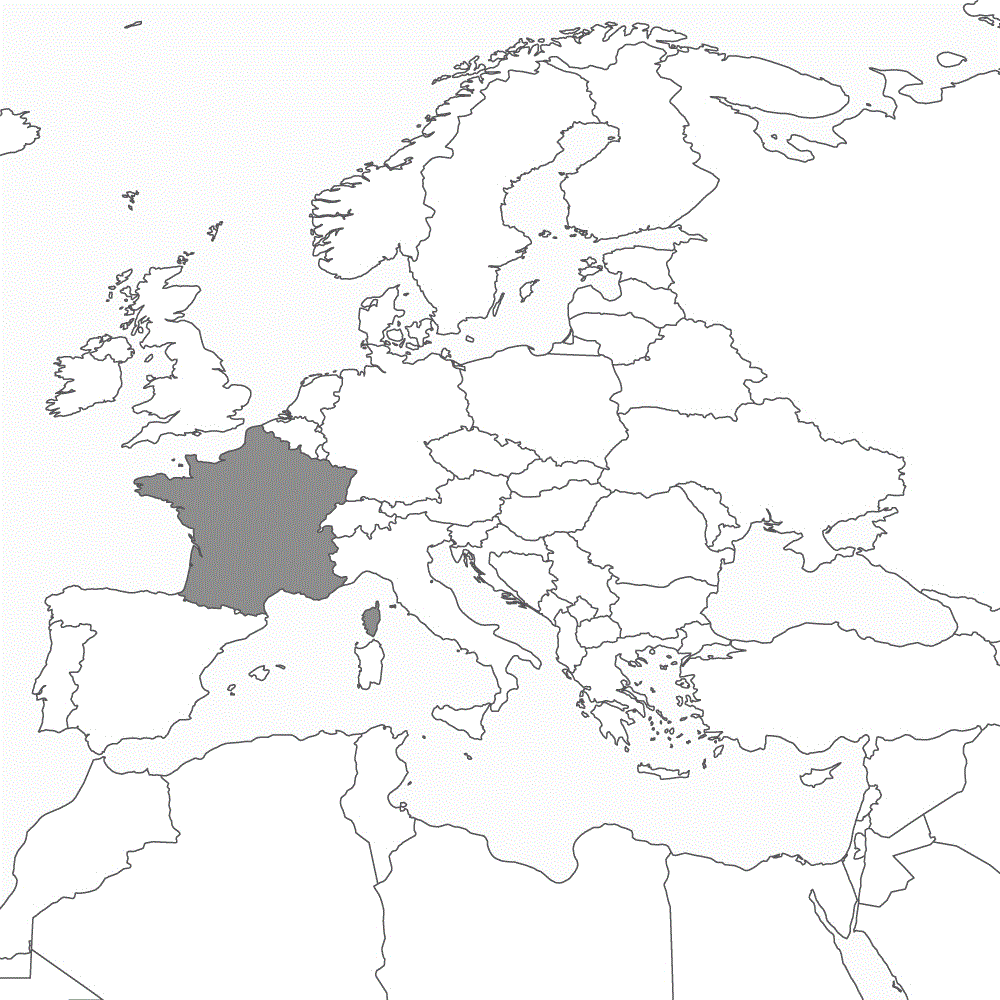Unrest in Kosovo (II)
Unrest in northern Kosovo prompts NATO to bolster its troops in the region. The German Bundeswehr is also bogged down in what had been Yugoslavia, while taking up positions against Russia and China.
BELGRADE/BERLIN (Own report) – Almost a quarter-century after the illegal war of aggression had de facto split Kosovo from Yugoslavia, serious unrest is again flaring up in the region. The flareup began when the Priština government tried to inaugurate Albanian-speaking mayors in four majority Serb-speaking administrative districts in northern Kosovo. This was preceded by a fierce conflict over the formation of an association of municipalities with a Serbian majority in Kosovo endowed with autonomous rights, which the Kosovo government had already officially promised in 2013, but had been de facto sabotaging ever since. The conflict escalated into violence late last year and had merely been provisionally calmed down, only to re-escalate into violent clashes on Monday, with at least 50 demonstrators and around 30 NATO soldiers injured, some seriously. NATO has announced another increase of its troops in Kosovo. This also leaves the German Bundeswehr bogged down in what had been Yugoslavia – at a time when it seeks to reserve all its forces for the West’s power struggle against Russia and China. Read more
Central Body for Transatlantic Sanctions
Transatlantic Council plans coercive economic measures against China, following successful coordination of the Western sanctions against Russia. EU prepares Economic Security Strategy.
WASHINGTON/BRUSSELS (Own report) – The EU-U.S. Trade and Technology Council (TTC), which meets today, plans new coercive economic measures against China following the successful coordination of Western sanctions against Russia, according to reports on draft conclusions of the transatlantic summit. After the start of the Ukraine war, the TTC – that was founded in 2021 to repair the transatlantic rifts on economic issues, which had emerged during the Trump era – morphed into a central body for coordinating Western coercive measures against Russia. It will now additionally coordinate controls of exports and investments relating to China within the United States and the EU. US Secretary of State Antony Blinken is also expected to attend the meeting. Meanwhile, the EU is elaborating an Economic Security Strategy to facilitate economic measures against China. Commission President Ursula von der Leyen has recently called for banning investments in the People’s Republic by European companies, whenever deemed necessary. Experts are promoting the creation of a “geo-economic NATO”. Read more
Eluding “Vassalization”
Following a possible change of government in London, the SPD and Labour Party plan enhanced German-British military cooperation, including the sending of an aircraft carrier strike group to the Pacific.
LONDON/BERLIN (Own report) – The German Social Democratic Party (SPD) and the British Labour Party are launching an initiative to enhance German-British military and armament cooperation including the joint deployment of an aircraft carrier strike group to the Pacific. Last week, the SPD-affiliated Friedrich Ebert Foundation and the London-based Royal United Services Institute (RUSI) have presented a report outlining relevant recommendations. Not only should the two countries’ armed forces and arms industries significantly increase their cooperation, the foreign and defense ministers in Berlin and London should also intensively coordinate their policies. Foreign policy experts in Berlin are promoting such steps to elude the military and arms industry’s dependence on the USA, which had significantly increased since the beginning of the Ukraine war. John Healey, Shadow Defense Secretary of the Labour Party, which has good chances of winning next year’s elections, announced a UK-German military agreement within the first six months of a Labour Government. Nils Schmid, Spokesperson on Foreign Policyfor the SPD Parliamentary Group agrees with the proposals. Read more
Bloc Formation in East Asia
German Chancellor Scholz seeks to bolster cooperation with South Korea during visit in Seoul. In turn, South Korea and Japan tighten ranks against China under US leadership.
SEOUL/BERLIN (Own report) – Germany seeks to bolster cooperation with South Korea and is thus engaged in enhancing the formation of an East Asian bloc against China. This is the result of German Chancellor Olaf Scholz’s short visit to Seoul yesterday. Prior to his visit, Scholz had already welcomed the recent rapprochement between Japan and South Korea. The USA has exerted massive pressure on Seoul and Tokyo to tighten ranks against Beijing. The groundwork had recently been laid, when South Korea’s President Yoon Suk-yeol practically obliged South Korean companies to assume the Japanese companies’ obligation to pay compensation to their former South Korean forced laborers. While a clear majority of South Korea’s population is rejecting this plan, as well as Yoon’s pro-Japanese policy, Scholz is backing the South Korean president. Berlin seeks to intensify cooperation with Seoul in the fields of semiconductor production, of armament and military. Plans are being discussed to involve the Bundeswehr on an ongoing basis in the US-led monitoring of UN sanctions against North Korea. Read more
Movement in the Middle East
Baerbock makes efforts in Saudi Arabia and Qatar to strengthen Germany’s withering position in the Middle East. Berlin’s influence in Yemen and Sudan is one of the issues.
RIYADH/DOHA/BERLIN (Own report) – With visits to Saudi Arabia and Qatar, Germany’s Foreign Minister Annalena Baerbock is seeking to consolidate Berlin’s withering influence in the Middle East. The region’s political balance of power has begun to shift considerably since Saudi Arabia and Iran have been reconciling their differences under China’s mediation – so far with success. The Saudi-Iranian reconciliation opens new opportunities for ending the war in Yemen, which is also being waged with German weapons. Berlin, on the other hand, has contributed nothing toward settling the conflict. Baerbock is also seeking influence in Sudan via Saudi Arabia. Riyadh has a promising mediator position between the two parties to the civil war, while Germany has no particular influence in that country. Today, in Doha, Baerbock will discuss not only liquid gas deliveries to Germany, but the situation in Syria as well. Most Arab countries are seeking normalization with President Bashar al Assad, only Qatar – like the West – would like to keep his country an outcast. Berlin is also hoping to obtain Qatari arms deliveries to Ukraine. Read more
„No Proxies of Great Powers”
The EU seeks to forge an anti-China alliance at a meeting with riparian countries of the Indian and Pacific Oceans, but encounters open opposition.
STOCKHOLM/BRUSSELS (Own report) – In its attempt to forge an anti-China alliance with the countries in Asia and the Pacific region, the EU is encountering open opposition. This has become evident at the EU Indo-Pacific Ministerial Forum convened by the EU held in Stockholm on Saturday. Thirty riparian states of the Indian and Pacific Oceans were invited – China was excluded. Referring to the EU’s anti-Chinese intentions, Indonesia’s Foreign Minister Retno Marsudi declared that the Southeast Asian nations “are not interested in being part of a new Cold War.” Pakistan’s Minister of State for Foreign Affairs, Hina Rabbani Khar, opposed attempts to divide the world “into various blocs.” Singapore’s Minister for Foreign Affairs, Dr Vivian Balakrishnan, criticized the growing economic isolation of the western powers and called for greater respect for the norms of the global “rules-based” trading system. In opposition to a unilateral world dominated by the West, India’s Minister of External Affairs Subrahmanyam Jaishankar, insisted on multipolarity. The EU snubbed its invitees, with 13 of its foreign ministers skipping the meeting – Annalena Baerbock was among the absentees. Read more
Pyrrhic Sanctions
EU plans to introduce US-style extraterritorial sanctions in violation of international law and to target companies of third countries for their exports to Russia. Non-Western alliances (BRICS, SCO) expand.
BERLIN/BRUSSELS (Own report) – The EU is preparing to take initial steps toward adopting methods of US sanctions and impose extraterritorial punitive measures on enterprises of third countries including those in the United Arab Emirates and possibly in Turkey, as EU Commission President Ursula von der Leyen confirmed yesterday. They will first focus on the resale of sanctioned EU goods to Russia. Thus, in the future, enterprises will be punished even if they are not based within the EU and, therefore, are not subject to EU norms. The extraterritorial implementation of one’s own system of norms is in violation of international law, as the EU itself had officially confirmed a few years ago. Countermeasures can be expected at least from more powerful nations, such as Turkey. The planned sanctions regime – which EU ambassadors will begin discussing today – is likely to push those countries affected even further into opposition to the West. The United Arab Emirates, for example, is already a “dialogue partner” in the Shanghai Cooperation Organization (SCO) and is seeking membership in the BRICS alliance. Read more
Elections in Turkey
Experts dash German hopes for a pro-Western shift in Turkey’s foreign policy resulting from the opposition’s potential victory in the presidential elections.
BERLIN/ANKARA (Own report) – Germany and other Western powers cannot hope for an alignment of Turkey’s foreign policy with Western demands, even if the Turkish opposition wins the presidential elections on Sunday, according to assessments made by observers and experts, as well as statements by leading representatives of the opposition associated with Kemal Kılıçdaroğlu. Thus, Berlin and Brussels will be confronted with Turkish claims to natural gas reserves in the eastern Mediterranean also in the future, and – as Kılıçdaroğlu has recently threatened – with Ankara’s efforts to “take back” Greek Aegean islands. Germany, and the West as a whole, will have to live with the fact that, even after a potential change of personnel in the presidency, Turkey will seek a compromise with Syria’s President Bashar al-Assad and continue its cooperation with Russia. Experts ascribe this not only to Turkey’s import and export structure, but also to its foreign policy tradition of a certain non-alignment. This is evident today in Ankara’s persistence not only in cooperating with the West but also in working with Russia. Read more
Colonial-Racism on Trial
Ovaherero and Nama representatives, as well as UN Special Rapporteurs accuse Berlin of refusing reparations for the genocide in South West Africa, invoking colonial-racist arguments.
BERLIN/WINDHOEK (Own report) – Ovaherero and Nama representatives, as well as several UN Special Rapporteurs accuse the German government of violating UN conventions and using colonial-racist arguments. The accusations were sparked by a Joint Declaration Germany and Namibia had agreed on in May 2021, which stipulates that instead of paying reparations for the genocide of the Ovaherero and Nama, Berlin would only pay the habitual amount of development aid. Due to unexpectedly fierce protests, the Declaration has not yet been ratified by Namibia’s parliament. Meanwhile, legitimate representatives of the Ovaherero and Nama have filed a lawsuit against it in Namibia’s High Court. In addition, seven Special Rapporteurs appointed by the UN Human Rights Council, have recently lodged a complaint in Berlin. The German government must finally negotiate with the organizations of the victims’ descendants and renounce its legal standpoint claiming that the mass murder of the Ovaherero and Nama could not legally be classified as genocide, because the victims were not considered “civilized.” Berlin, priding itself of a “value-based” foreign policy, remains silent. Read more
A New Epoch of Confrontation
Franco-German disputes delay joint follow-on project for the Leopard 2. French experts see bilateral relations in a deep crisis.
BERLIN/PARIS (Own report) – The Franco-German Main Ground Combat System (MGCS). A successor project to the Leopard 2 battle tank is threatened to fail. As the German defense ministry admits in a confidential report, disagreements between Berlin and Paris have already led to “delays of several years in the original programing schedule,” barely six years after the program was launched. The completion of the MGCS, planned for 2035 is “no longer feasible.” The MGCS is expected to be operational in 2040 at the earliest. Meanwhile, German tank producers are presenting alternatives, for example Rheinmetall’s Panther battle tank. In addition, the Leopard 2A8, a next-generation version of the tried and tested Leopard 2 is in planning. Franco-German disputes mark the European armaments sector also beyond the MGCS, for example, pertaining to the next generation fighter jet, the Future Combat Air System (FCAS) or Berlin’s plans for a new European air defense system. Experts in Paris point out that, in the Ukraine war, not France but the German government has aligned itself closer with the USA and warn of an intra-European “epoch of confrontation.” Read more
GERMAN-FOREIGN-POLICY.com
Information on German Foreign Policy: News + Interviews + Analyses + Background
